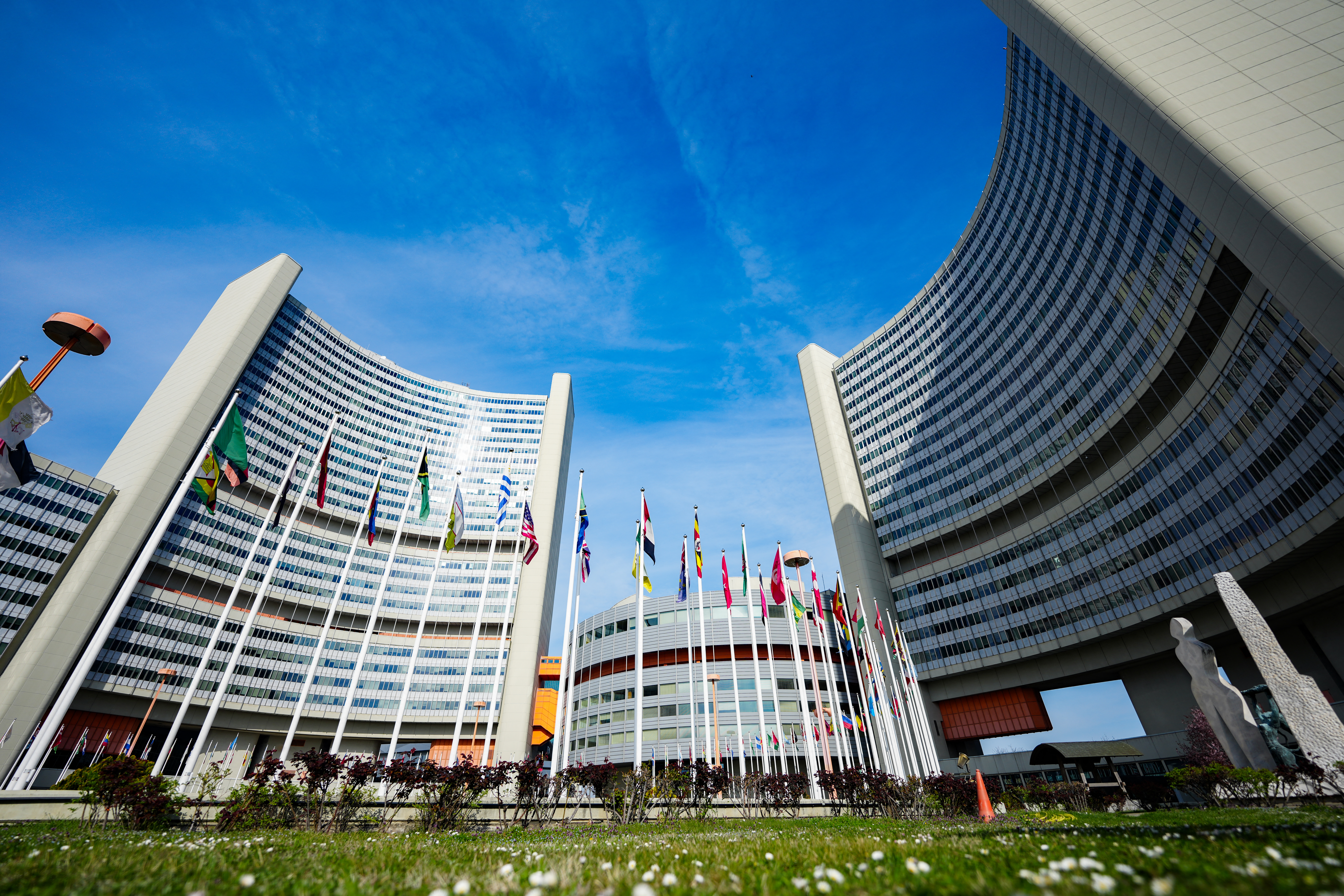Widespread torture
After inspecting prisons in Brazil, UN rapporteur finds that torture is persistent and claims that the practice is not investigated
 In a press conference in Brasília on Friday, August 14, the UN Special Rapporteur on Torture, Juan Méndez, said the practice is entrenched in the country and widespread in Brazilian prisons. He also said that torture is most frequent in the first few hours of detention and that the country has failed to investigate and prosecute these cases.
In a press conference in Brasília on Friday, August 14, the UN Special Rapporteur on Torture, Juan Méndez, said the practice is entrenched in the country and widespread in Brazilian prisons. He also said that torture is most frequent in the first few hours of detention and that the country has failed to investigate and prosecute these cases.
During the 12 days he was in the country, the rapporteur visited prisons, police stations, youth detention centers and mental health institutions in Brasilia and the Federal District, the state of São Paulo and three northeastern states (Sergipe, Alagoas and Maranhão) – “an area not well covered in previous visits”, according to Méndez.
The last visit by the office of the rapporteur occurred 15 years ago. This latest mission was motivated by a March 2014 complaint made by Conectas, Justiça Global and the Maranhão Society of Human Rights in the UN Human Rights Council, in Geneva. At the time, Brazil was experiencing one of the most serious crises in its prison system, with at least 63 killings in a one-year period at the Pedrinhas prison complex, in Maranhão.
“The conclusions of the rapporteur, one of the world’s leading authorities on this topic, demonstrate once again that we have a flawed prison system that only contributes to daily violations of the most basic rights. It is the duty of the Brazilian government to follow up on the recommendations that will appear in the report,” said Juana Kweitel, program director at Conectas.
Regarding the misgivings that many Brazilians have about the need to respect the rights of prisoners, Méndez said that “the worst way to combat crime is to permit human rights violations, because this generates more violence, as well as arousing in the population a sense of distrust in relation to the institutions that apply the law. Crime prevention should be based on a relationship of trust. The cycle of vengeance, torture and violence threatens the rule of law and democracy.”
The rapporteur condemned the abusive searches of people who visit their loved ones in prison and affirmed that “there are ways of conducting inspections and guaranteeing security without humiliating people.”
Juan Méndez welcomed initiatives such as the National Mechanism to Combat and Prevent Torture and also detention hearings, which are being introduced experimentally with the support of the National Justice Council in 10 states. He said, however, that these measures have not been sufficient to reduce the overcrowding of prisons. “We definitively encourage Brazil to expand the detention hearings, but they will have a minimal impact on the incarceration rate.” On the other hand, the rapporteur said that he was “rather disappointed with the investigation of torture in the detention hearings.”
Méndez pointed out that the reduction of the age of criminal responsibility would be a mistake, since it would worsen the situation at youth detention centers and also violate international conventions: “the detention of adolescents is not used as a last resort and the conditions at these centers do not serve their intended purpose, which is education and rehabilitation,” he said.
On the subject of privatizing prisons – the proposal made recently by federal lawmakers to solve the crisis in the prison system – Méndez expressed grave concern that this trend would make it even more difficult to investigate those responsible for mistreatment in prisons and hold them accountable.
Without mentioning the imminent judgment by the Supreme Court of the decriminalization of the use of illegal drugs, the rapporteur also spoke about the impact of the current Drug Law on the prison system. He pointed out that the enforcement of this law permits a subjective assessment by the police and judges, resulting in detentions that do not constitute in flagrante delicto, but instead “arbitrary detention”, according to international standards.
The expert’s recommendations will be compiled into a report that will be presented to the Brazilian government and to the UN Human Rights Council, in March 2016, and also to the UN General Assembly, with the presence other countries.
The rapporteur concluded the press conference by stating that, in Brazil, there is a cycle of impunity surrounding torture that needs to be broken. “I am convinced that the impunity for this crime was inherited from the military dictatorship.”
Judgment of torture
According to the study “Judging Torture”, published in January this year, public officials charged with torture are more likely to be acquitted than private individuals (relatives, spouses and private security guards, for example). The study, produced by Conectas, IBCCrim, NEV-USP, Pastoral Carcerária and Acat, analyzed 455 cases heard by appeals courts across the country and concluded that public employees who were convicted by trial courts were acquitted in the appeals courts in 19% of cases, nearly twice as often as private defendants (10%).


